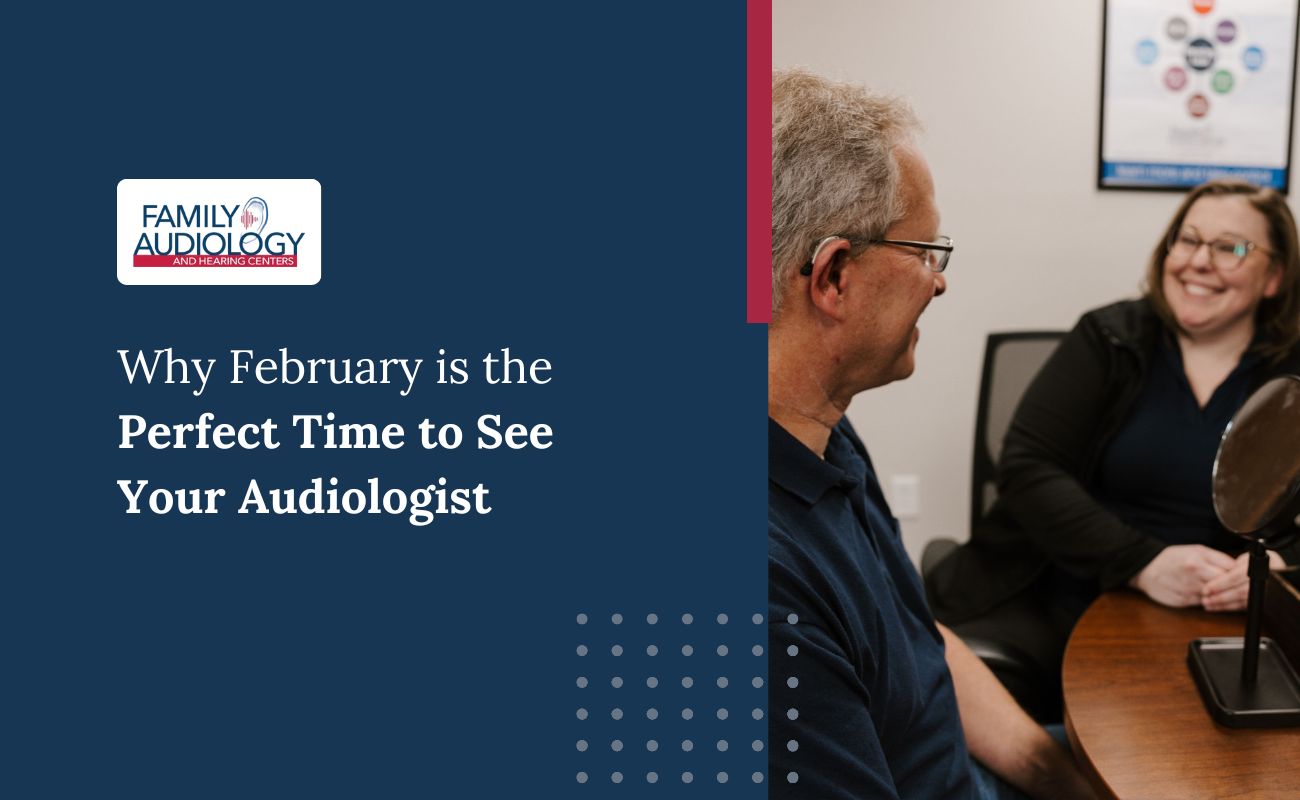Why Hearing Health Affects Your Balance



Many people don't realize that their balance system and hearing are closely linked. Both these functions rely heavily on the structures within our ears. When patients come to us with dizziness or balance problems, understanding this connection often helps explain their symptoms and guides treatment options.
Understanding the Inner Ear
The Inner Ear's Role in Balance and Hearing
Inside each ear lies not only the cochlea for hearing but also the vestibular system for balance. This vestibular system tells our brain about head position and movement. It works with our eyes and body to keep us steady. Problems with any part of this system can lead to both balance issues and hearing difficulties.
The Vestibular System in Detail
The vestibular system is made up of several key parts that work together. Three semicircular canals detect head rotation, while two other structures called the utricle and saccule sense linear movement and head position. When these structures send signals to the brain, they help maintain our balance and spatial orientation. These signals combine with input from our eyes and body sensors to create a complete picture of our position and movement.
Recognizing Balance Disorders
Signs and Symptoms
Balance disorders show up in many ways through problems walking or moving around, unexpected falls, ongoing dizziness, spinning sensations (vertigo), general unsteadiness, vision problems, getting motion sick easily, feeling nauseated, and regular headaches. Some people deal with these symptoms all the time, while others only experience them occasionally or when making certain movements.
Common Conditions
Sudden Hearing and Balance Changes
Quick changes in hearing that come with balance problems need fast medical attention. The sooner someone gets help, the better their chances for improvement.
Inner Ear Infections
When infections reach the inner ear, they can mess with both hearing and balance. Getting the right treatment, often including medication, helps address both the infection and its symptoms.
Ménière's Disease
This condition typically brings hearing changes that come and go, spells of vertigo, and ringing in the ears. While we can't cure it, we have several ways to help manage the symptoms.
Age-Related Balance Changes
As we get older, both our hearing and balance systems naturally face more challenges. The hair cells in our inner ear that help with balance can become less effective. This natural aging process, called presbystasis, can occur alongside age-related hearing loss (presbycusis). Regular hearing and balance checks become more important as we age to monitor these changes and address them proactively.
Diagnosis and Treatment
Professional Evaluation Process
When patients come to us at Family Audiology and Hearing Centers with balance concerns, we follow a careful evaluation process:
Our process includes a health background review where we learn about medical history, medications, and any patterns in balance problems. This information helps us spot possible causes. We then conduct a physical exam to check the ears and watch how the balance system responds to different positions and movements. Special balance tests using specific equipment help us check how well the balance system works and create targeted treatment plans.
Advanced Testing Methods
Our balance testing includes several specialized procedures including Videonystagmography (VNG) which uses video technology to record eye movements during balance tests, Vestibular Evoked Myogenic Potential (VEMP) which checks how parts of the inner ear respond to sound, and Computerized Dynamic Posturography which measures how well you use your senses to stay balanced. These tests help us understand exactly which parts of your balance system might need attention.
Treatment Options
Depending on what's causing the balance problems, treatment might include balance rehabilitation with specialized therapy to help people regain steadiness and reduce dizziness. Each person gets exercises that match their specific needs. Medicine options sometimes help with dizziness or nausea, and we work with other doctors to ensure all treatments work well together.
Hearing Solutions
When someone has both balance problems and hearing loss, getting properly fitted hearing aids often helps. New hearing aids from brands like Phonak Infinio, Oticon Intent, ReSound Nexia, and Starkey Genesis AI can improve both hearing and awareness of surroundings.
Modern Treatment Approaches
Recent advances in balance treatment include Video Head Impulse Testing for precise evaluation of vestibular system responses, custom exercise programs based on test results, and integration with hearing technology. Modern hearing aids can play a role in balance improvement through features like spatial awareness and environmental sound processing.
Living with Balance Disorders
Daily Life Impact
Balance problems can significantly affect everyday activities through impacts on work life, especially jobs requiring physical work or precise movements. Many people start avoiding social situations due to concerns about falling or getting dizzy in public, and balance problems often lead to reduced activity levels, affecting overall health.
Prevention and Management
While we can't prevent all balance issues, several preventive measures help reduce risks through regular exercise, especially activities focusing on balance and strength, regular hearing tests to catch problems early, and making spaces safer with simple changes at home and practicing careful movements.
Lifestyle Modifications
Several daily habits can help with balance including keeping regular sleep times, staying hydrated, avoiding triggers that worsen symptoms, maintaining a safe home environment, managing stress, and following prescribed exercise plans.
Support Systems
Building support makes managing balance disorders easier through family help in creating safer spaces and providing support, and working with healthcare teams including audiologists, physical therapists, and doctors for comprehensive care.
Monitoring and Long-term Care
Regular Check-ups
Regular check-ups allow us to see how well treatments work, adjust plans as needed, handle new problems that arise, and update treatments as conditions change.
When to Seek Help
See a professional if you notice falling more often, constant dizziness, changes in hearing, trouble walking straight, increased clumsiness, or unexplained nausea.
Ongoing Care Requirements
Managing balance problems usually involves regular check-ups to catch any new problems early, adjusting treatments as symptoms or situations change, and staying informed about balance disorders for better management.
Get Help at Family Audiology and Hearing Centers
At Family Audiology and Hearing Centers, we understand how hearing and balance work together. Our team provides thorough testing and treatment at our 16 Ohio locations. We use advanced equipment and stay current with new treatments to help our patients improve their balance and quality of life.
If balance problems are affecting your daily life, schedule a visit at your nearest Family Audiology and Hearing Centers location. Our team will work to understand your symptoms, find out what's causing them, and create a plan to help. Contact us today to take the first step toward better balance.
Discover the Latest Articles
Stay informed with our informative articles.

Why February is the Perfect Time to See Your Audiologist
.jpg)
What Your Audiologist Checks During a Comprehensive Hearing Evaluation

How AI Technology Is Transforming Hearing Aid Performance
Contact your local Hearing Aid Specialists
At Family Audiology and Hearing Centers, we strive to be there for all your family’s hearing needs. Because of this, we have 17 convenient locations in Ohio and Wisconsin for you to visit. See which location is best for you and schedule an appointment today.

